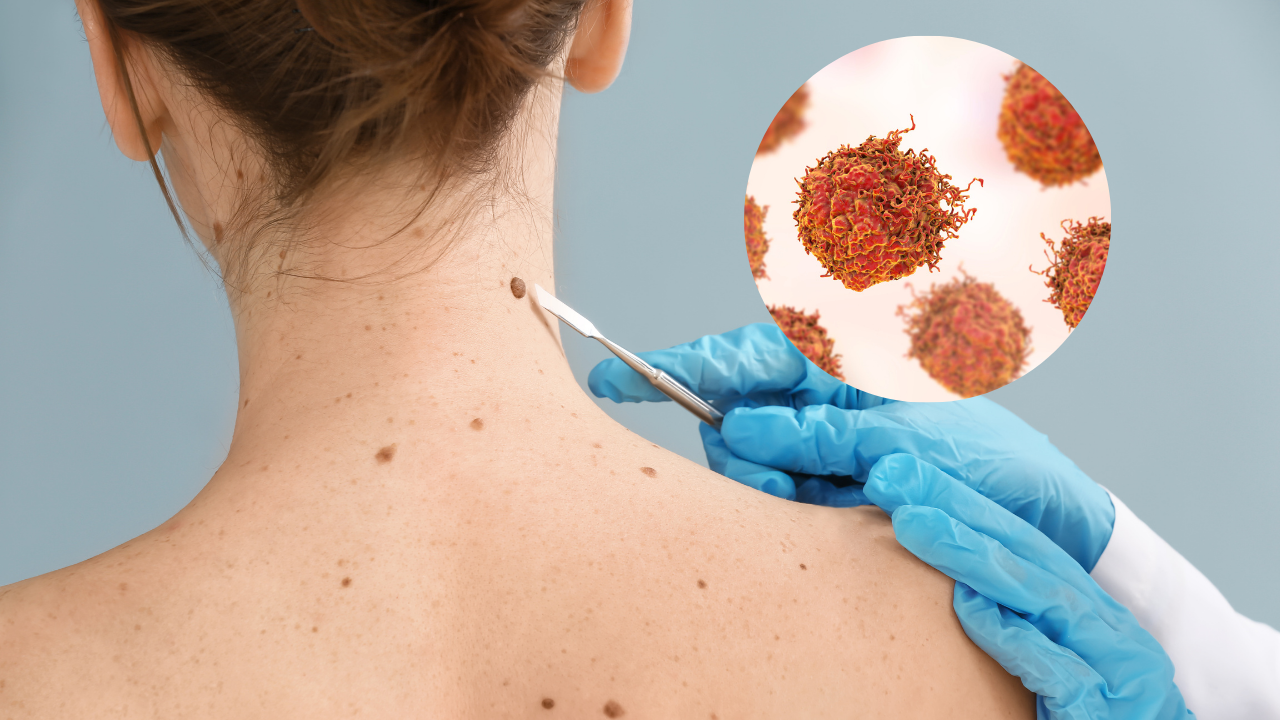A Strain Of Typically Harmless HPV Caused 40 Skin Cancer Lesions In A 34-Year-Old Woman

Credits: Canva
SummaryDoctors at NIH discovered that a typically harmless strain of skin HPV directly caused 40 skin cancer lesions in a 34-year-old woman with a weak immune system, offering new insights into virus-driven cancer in vulnerable patients.
End of Article
